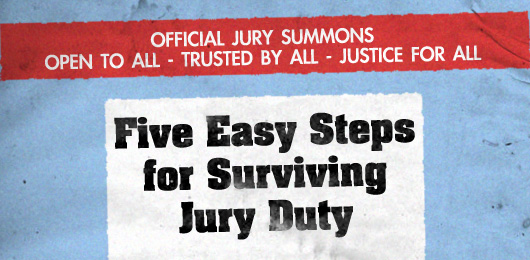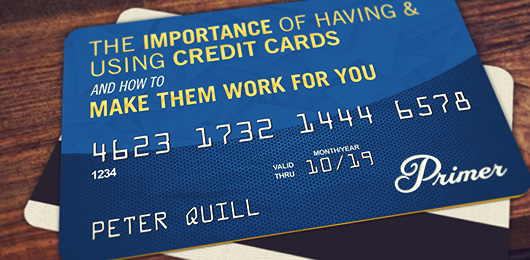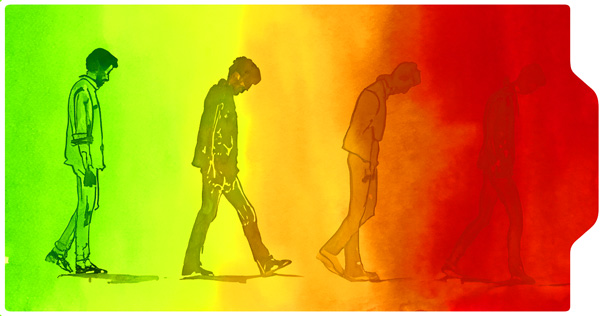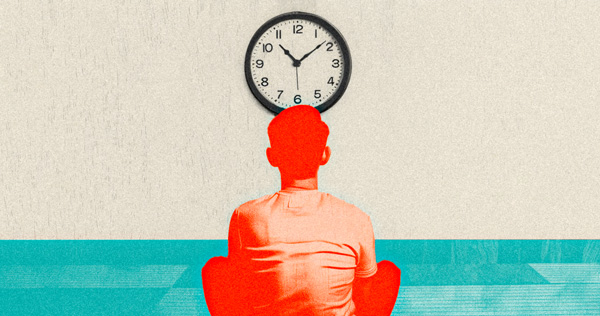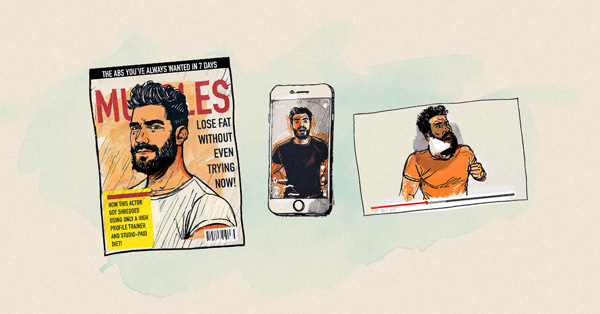The envelope said it all. My sorry ass had been summoned to jury duty. Bummer. But I decided to approach jury duty in a different light—as a journalist writing a piece for Primer.
You might hear that serving is a civic duty—one of the most important things we can do as members of a civilized society. I don’t know about that. I live in Washington, DC where public schools are nationally ranked as one of the very worst. If you’re on trial—and innocent—your fate could be in some questionable hands.
As the moment of jury selection approached, I began to dread the possibility of serving on a seven-week trial, like Primer’s Andrew Snavely. Can you spell nightmare?
What You Need to Know About Jury Duty
Let’s deal with the boring stuff first: You’re summoned. Fill out the mailer (or do so online), mark your calendar, tell your boss you’ve been summoned, and—fingers crossed—you won’t be selected. If you are selected, you’ll receive a stipend from the government and metro fare.
Speaking of public transportation—it sucks. The good news is if you’re late, you’ll just get a warning. “Just don’t let it happen again.” (Like you’ll remember that in two years). You’re invited to take a seat in the Juror Lounge (AKA: A big room with lots of chairs). I took my seat and ate a protein bar (hooray breakfast!).
You’ll watch a super awesome “Welcome to Jury Duty” video. I kept telling myself to pay attention—future article, future article! But my mind wandered … the video was just too boring. The only thing I got from the entire video was, under no circumstances were we to eat in the lounge. Oops. Then someone opened a bag of Doritos.
Next up, a woman walked to a podium from which she introduces herself. “Attention, I have an update. There are no updates at this time.” She later returned—this time, with updates! The first panel was to be assembled. She warned that she might mispronounce some names as she called the list and corresponding juror numbers.
After her microphone died, she tried shouting, but that didn’t work. A potential juror snapped and asked, “Why doesn’t she just use her damn microphone?” Imagine that woman on your jury.
The government employee ventured off to find a battery. She enlisted a coworker to assist in the battery hunt begging the question … how many government employees does it take to fix a microphone?
Selected jurors (including yours truly, you lucky dog. Now you get to see how the system works!) were lead into the hallway. And then lead to another hallway. And then required to form four single file lines. After our numbers were called again, we were ushered into the courtroom in groups of fourteen.
I smiled so wide, I looked like I slept with a hanger in my mouth. Forget Primer’s article! I knew the lawyer! I’d be dismissed!
This day wouldn’t be so bad after all! Furthermore, I came prepared.
Step 1: Food
You’re summoned for 8:30 am. Assuming you’ve got a 9-5 routine, breakfast shouldn’t be hard for you to figure out. If you, like me, work from home, eating as you’ve got one foot out the door might take practice. Factor in rush hour traffic, finding a parking spot near your metro stop, and commute time. If you want to make breakfast, you’ll have to wake up even earlier. Gross. Go with something quick and easy. In other words, pancakes from scratch ain’t happening.
Most of your time will be spent sitting. Waiting. Falling asleep. You’re going to get hungry. The courthouse approves fifteen minute breaks at your request, but know this: If you exit the court room, you’ll have to stand in line, have your items x-rayed and step through a metal detector (just like DC public schools!) to get back in. Do what I did: Bring a few protein bars.
Lunchtime is around one, so they said, but in my experience, it was closer to two. We were given an hour. I’ve seen that Law & Order show once or twice. You know what the lawyers always eat on their lunch breaks? Hot dogs. I got two hot dogs, chips and a soda for four bucks. Can’t beat it … unless you have that amazing combo in your town for 3.50. Do you? Because … awesome.
Oh, and stock up on water, because rusty water fountains are gross, and surprisingly, hot dogs have a lot of sodium in them.
Step 2: Entertainment
iPad. Bring it. The poor soul sitting next to me in the lounge had no form of entertainment. No book, no newspaper, no Gameboy! In DC, the courthouse provides wifi. I was able to get a lot of work done. Another guy caught up on a whole lot of Family Guy.
We were told to turn off all electronics before entering the courtroom, which would have rendered my entertainment absolutely useless. Luckily, DC thrives on blinding incompetence and no one noticed that my iPad was on. If there are competent government officials where you live, have a backup plan, like a magazine or an actual book made from actual paper.
Step 3: Here Comes the Money
Or really, there goes the money. You might not break the bank if you're summoned for a standard one week trial. But if you get selected for Grand Jury Service, you could spend a lot of time at the courthouse.
It doesn't hurt to plan ahead when you first receive your summons since you don't know how long you'll be serving. Sock away a little extra cash in the event that you're selected for a seven week trial. You'll be glad you have a little cushion to fall back on.
Sure, you'll receive a small stipend for your service, but it is just that—a small stipend. In California, jurors receive fifteen dollars a day, in DC, jurors receive thirty dollars. State laws do not require employers to compensate employees for the time they serve in jury duty, although some employers offer jury leave compensation. You need to check with your employer.
Being frugal is of utmost importance when you're rakin' in the measly juror service fee. Unless you want to eat hot dogs every day, pack your own lunch. And if you aren't selected, you can use all the money you've saved to buy like, ten copies of my book just in time for the holidays!
Step 4: Patience
Inside the courtroom, it goes like this: The judge asks a series of questions and then calls each potential juror up to the bench— approximately forty people—one by one to discuss concerns.
It is a tedious process. Embrace it. We were kept waiting twenty minutes when we returned from lunch. Everyone complained about the delay. Not me. The longer they took, the better. See it’s like this: If you’re dismissed early in the selection process, you have to return to the lounge where you could be called to another panel. And that might be the one where you get selected. Yucky. So if you’re one of the last candidates (I was) to be called to the bench, relish in your luckiness.
Knowing the lawyer got me instantly dismissed. By this time, the court day was so close to 4 p.m., I was sent home. See you in two years!
Step 5: Optimism
I feared the worst. I’d be the one (along with the eleven other losers and two alternates) stuck on a trial. You might get a boring trial, where you know the defendant is guilty, but you’re stuck listening to crap for three days.
But maybe … just maybe you get selected to one of those juror panels where Gene Hackman tries to intimidate you. Awesome!
What do you do if you actually get chosen? Well, someone either broke the law or they didn’t. It’s your job to listen to the facts and make an (educated??) decision. As for how it feels to show up daily for a small stipend and go crazy listening to lawyers, testimony, and witness accounts … I don’t know how that feels. You’ll have to ask Andrew.



